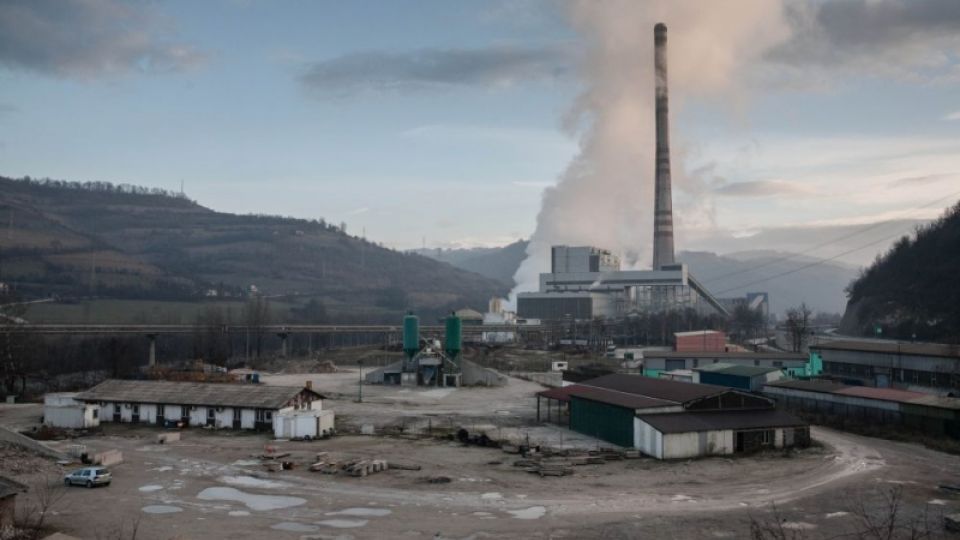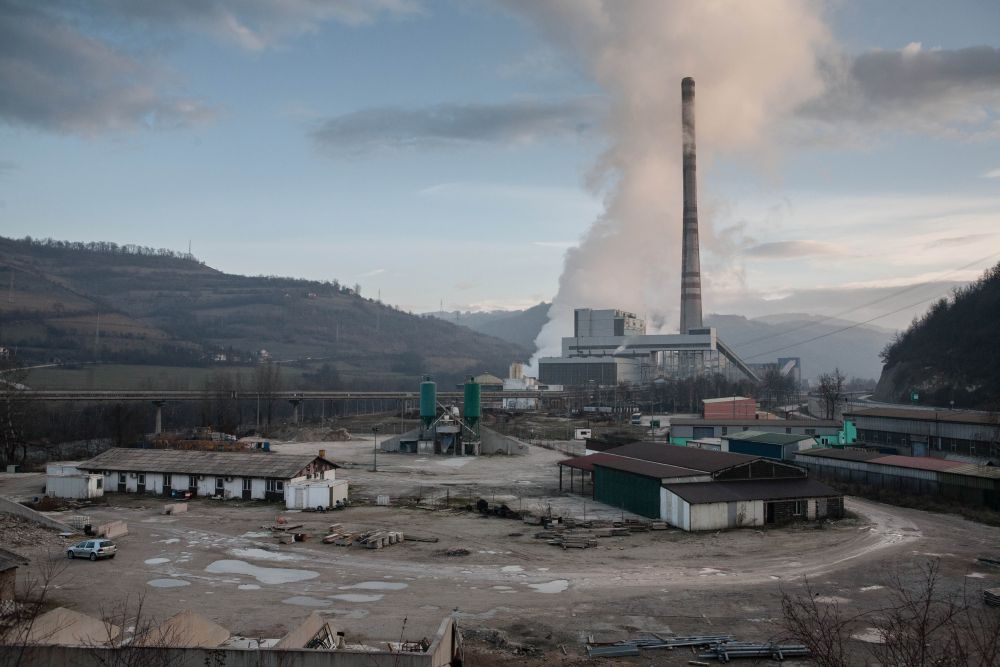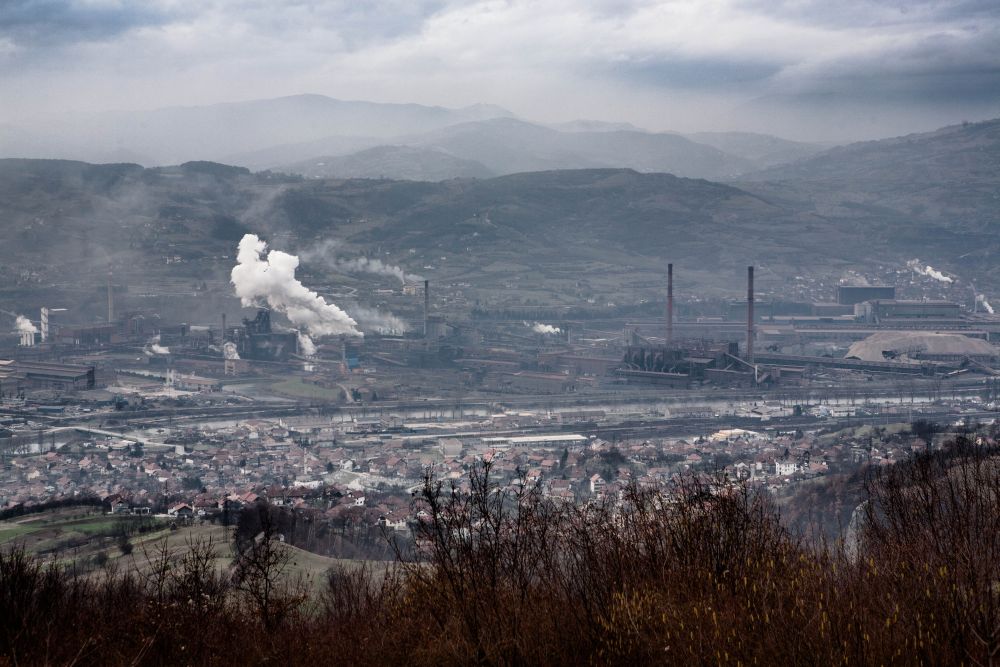Two distant cities share the same story: the transnational corporation Mittal Steel bought the local steel plant, increased production but "forgot" to invest into environment protection. Zenica residents (1) to this day suffer much like the people of the Ostrava region in the beginning of the nineties. While the situation in the Czech Republic has much improved, thanks to the pressure from the public and civil organisations, the residents of Zenica are still affected by disastrous air pollution. It is one of the reasons why Arnika representatives officially began a joint project with the partner organization Ekoforum Zenica (2).
"The aim of our project is to provide the local residents with access to information on environmental pollution and raise their awareness about risks of living in a continually polluted environment. Together with our local partners we will strive to encourage the residents to seek deeper involvement in the decision-making process. We believe that together with local authorities, at least in some cases, we will succeed in forcing the industrial companies to take measures to protect human health," says Arnika's Citizen's Support Centre head, Martin Skalský.
Photo gallery from the trip made by experts of the Czech non-governmental organisation Arnika to Bosnia and Herzegovina is included in this press release.
"The problem in Bosnia and Herzegovina is that its authorities suffer from a lack of experts and financial resources and the fact of it not being a member of the European Union. As a result, many of the requirements for environment and health protection do not apply to the conduct of business. Many of the local companies dare to simply release poisonous substances into the air and water with minimal to no filtration. Some of the local and foreign companies or transnational corporations move their operations to Bosnia with the intent to save on the investments. This exposes the local people to great health risks," adds Skalský.
For example the airborne dust emissions, which toxic substances bind to, have plummeted in the Ostrava region thanks to investments into filtration equipment. The people of Bosnian Zenica are still waiting for such investments.
The representatives of Arnika and Ekoforum Zenica attended the press conference held by the premier of Zenica-Doboj canton. They also met with the mayor of Zenica municipality and visited the Zenica University department specialized in air pollution monitoring (3).
Arnika experts dedicated the end of the week to finding other possible sources of air pollution in central Bosnia (4).
There is a long history of support from Czech Republic in Central Bosnia, and our country has a good reputation there. Thanks to the initiative of the Czech embassy and support from the Czech Development Agency in the city district of Nemile in Zenica, it was possible to build a new central heating facility that is fuelled by biomass instead of the problematic coal. In the city of Maglaj, it was possible to adopt a progressive waste management system including a donation of waste disposal vehicles and large capacity containers.
Financial support for Arnika's activities was granted by the Ministry of Foreign Affairs of the Czech Republic from the Transformation Cooperation Programme's fund.
Notes:
(1) General description of the city of Zenica is available at http://en.wikipedia.org/wiki/Zenica
(2) The partner organisation Ekoforum Zenica was created in reaction to the not improving state of the air situation.
(3) One of the articles written by an expert on the subject of air pollution is available at http://www.tmt.unze.ba/zbornik/TMT2011/101-TMT11-307.pdf
(4) More information is available at http://arnika.org/toxicke-znecisteni-bosny-pomohou-resit-cesti-odbornici









